Groundwork for First Aliyah Is Laid by BILU
The groundwork for the First Aliyah is laid with the formation of the BILU group at a meeting in the home of Israel Belkind in Kharkov, Ukraine.
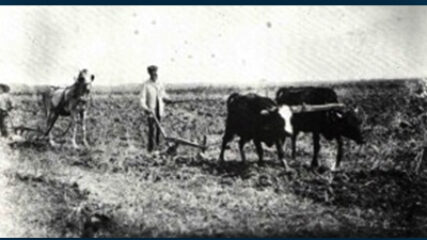
The groundwork for the First Aliyah is laid with the formation of the BILU group at a meeting in the home of Israel Belkind in Kharkov, Ukraine.
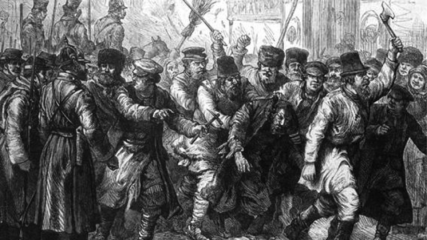
Following the assassination of Czar Alexander II in March 1881, a wave of pogroms (violent attacks) against Jewish communities sweeps through southwestern Russia.
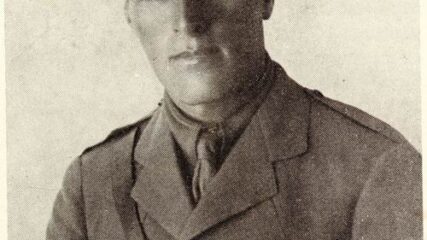
Known for dying while defending the Jewish settlement of Tel Hai in 1920, Joseph Trumpeldor, a Zionist political activist and military hero, is born in Pyatigorsk, Russia.
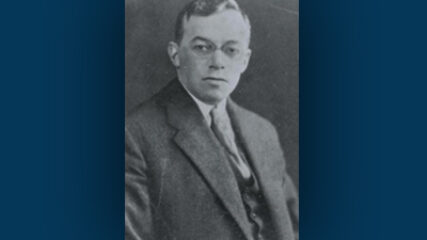
Ze’ev Vladimir Jabotinsky is born in Odessa, Ukraine. He is mostly known for his revisionist attitudes towards Zionism, which serve as the ideological foundation of Israel’s Likud political party.
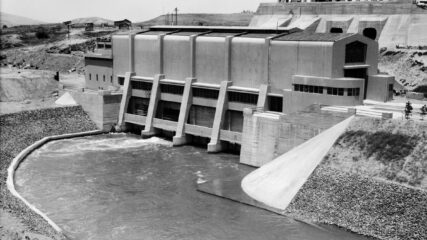
February 5, 1879 Engineer and activist Pinhas Rutenberg, who is credited with bringing electricity to Palestine during the British Mandate, is born in the small town of Romny in present-day Ukraine. While working in a…
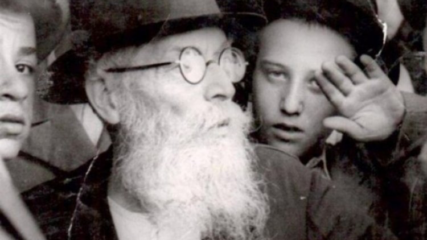
November 7, 1878 Rabbi Avraham Yeshayahu Karelitz, who becomes one of the 20th century’s leading Talmud scholars, is born in Kosava, Russia, now part of Belarus, to the head of the local rabbinical court, Rabbi…
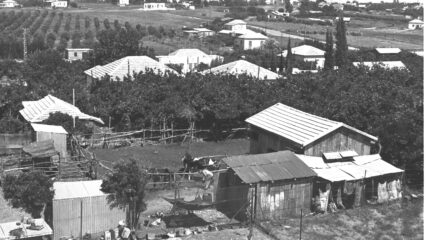
Petah Tikvah (Gateway of Hope), today Israel’s fifth largest city, is established by a group of religious Jews wishing to leave Jerusalem and establish an agricultural moshav.
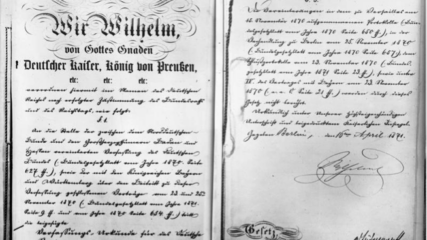
Jews in all of Germany were finally given emancipation when the North German Confederation Constitution was extended to Bavaria.
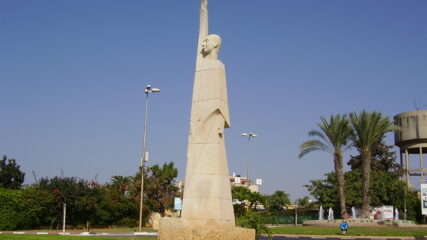
An early Zionist supporter in England, Alfred Mond (who would later become the first Lord Melchett) is born in England. Despite the fact that his parents were Jewish, Mond was not raised as a Jew and in fact was married in the Anglican church and raised his children as Christians.
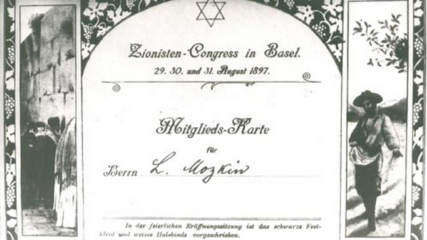
Raised in a traditional Jewish household, early Zionist activist Leo Motzkin is born in present-day Brovary, Ukraine.
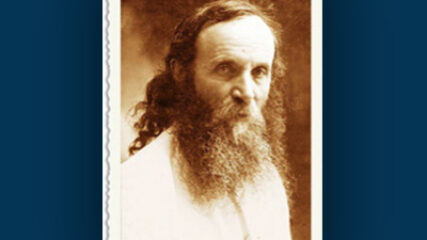
One of the most distinguished land purchasers of the Yishuv, Yehoshua Hankin was born in Ukraine in 1864.
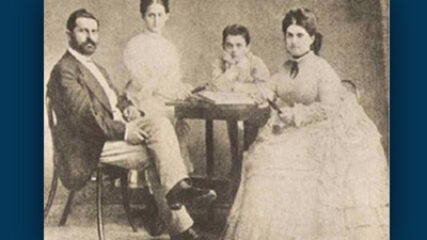
Theodor Herzl is born in Pest, Hungary. In addition to creating the World Zionist Organization, Herzl will help found the Jewish Colonial Trust in 1899 and the Jewish National Fund in 1901.
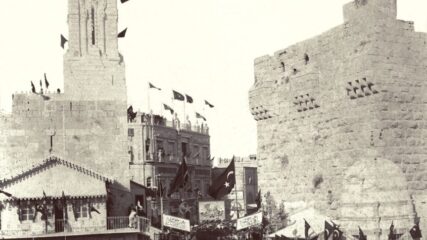
December 14, 1858 The Ottoman Empire enacts the Tapu Law, which introduces title deed registration in the empire’s Arab provinces. An effort to apply the principles of the Ottoman Land Code of 1858, the land…
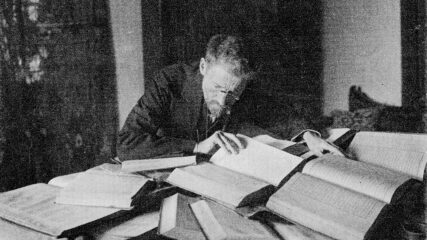
January 7, 1858 Eliezer Ben-Yehuda, considered the father of the modern Hebrew language, is born Eliezer Yitzchak Perelman in the Lithuanian village of Luzhky. Expected to become a rabbi, Ben-Yehuda becomes interested in the secular…
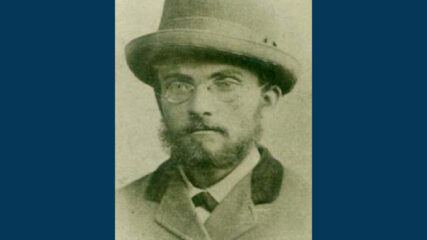
Scholar and writer Michah Joseph Berdichevski is best known for his Hebrew writings, which included his lengthy debate with Ahad Ha’am about the nature of Hebrew literature, as well as his extensive recording of Jewish folklore.
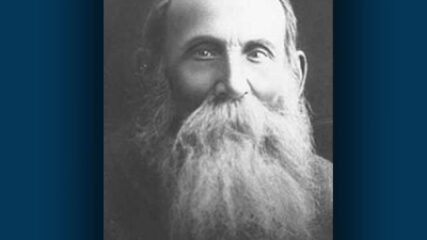
Aharon David Gordon, one of the founders of Hapoel Hatzair, the Jewish Labor movement, was born into a religious family in Troyanov near Zhytomyr, which was then part of the Russian empire.
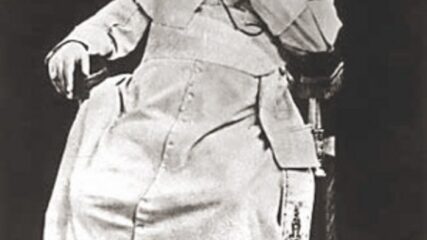
Pope Pius IX writes to the Grand Duke of Tuscany, Leopold II, to protest the Grand Duke’s decision to grant levels of emancipation to Jews in the Grand Duchy.
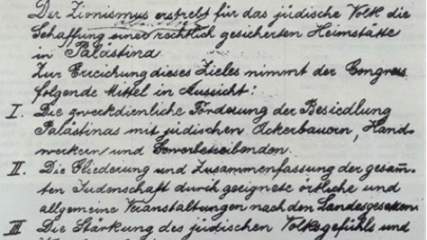
Max Nordau is born Simon Maximilian Sudfeld in Pest, Hungary to an Orthodox Jewish family. Nordau’s most notable contribution to early Zionism is The Basel Plan – the first official blueprint for the establishment of a Jewish State in Palestine.
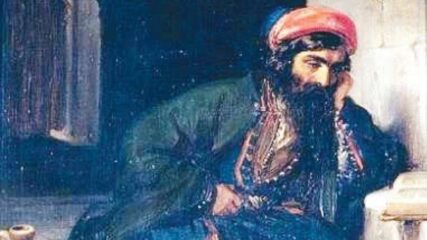
September 6, 1840 The nine surviving Damascus Jews accused of killing a Franciscan Capuchin friar and his servant to harvest the blood are freed by order of Muhammad Ali, the Ottoman pasha who controls an…
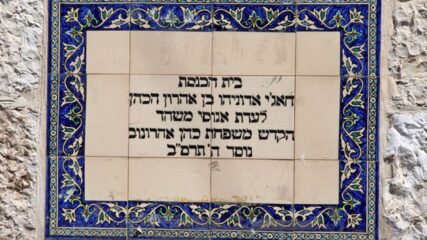
The tensions between the local Shiite population and Jews erupt in the northeast Iranian city of Mashhad.
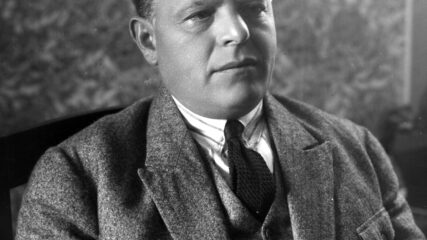
Chaim Nahman Bialik, famed Zionist poet, is born in the village of Radi, near Zhitomir in Volhynia (Northwest Ukraine).
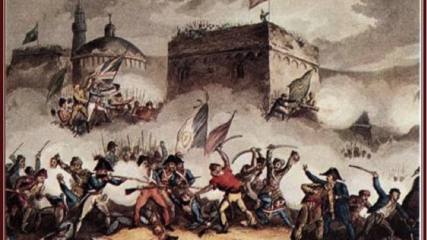
After a successful campaign in Egypt, Napoleon issued a proclamation which declared Jews the rightful heirs of Palestine.
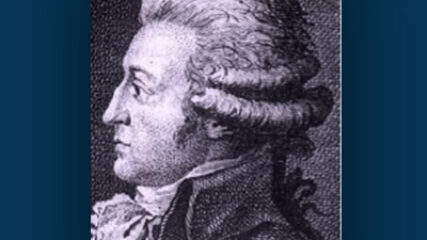
Following the French Revolution and the August 26, 1789 Declaration of the Rights of Man, the issue of Jewish rights is debated in the French National Assembly for three days with no conclusion.
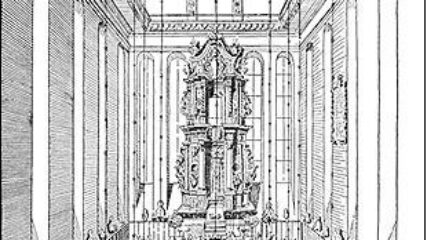
Berlin’s Jewish community reorganizes with a new constitution, the Aeltesten Reglement.